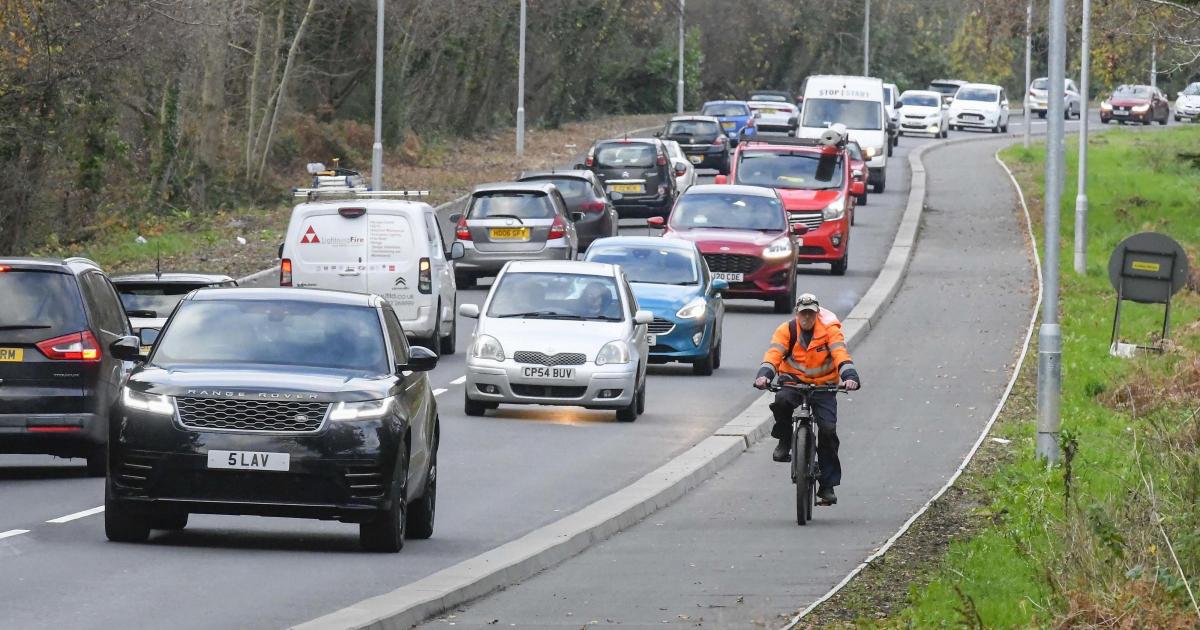In cities like London, Birmingham, and Oxford, cycling thrives amid dense, compact urban environments with integrated public transport and chronic congestion.
Bournemouth, Christchurch, and Poole are different.
We’re a coastal region with an ageing population, long travel distances, and many residents who depend on cars for work, school runs, and caregiving.
While the popularity of Beryl bikes is notable (despite their withdrawal from Ferndown, Colehill, Wimborne, and West Moors, and similar withdrawal in neighbouring areas like Weymouth and Dorchester) this doesn’t automatically signal widespread support for permanent lane removals or diminished road capacity.
Many locals prefer cycling along promenades or through parks rather than on busy main roads. And though Dom Whiting’s bike rave was entertaining, it hardly proves a sustained appetite for cycling-centric policies.
Residents want choice, not a future dictated solely by bicycles.
Many feel cycle lane expansions have compromised traffic flow, parking availability, and accessibility. Have we fully considered the voices of disabled and vulnerable residents or small business owners?
Yes, safer cycling is crucial. But it must be part of a balanced approach, not a rigid ideology. Investing in reliable bus services, maintaining roads, and genuinely listening to all residents, including the silent majority who drive, should be central to any political platform.
Winning elections isn’t about replicating trends from other cities.
It’s about understanding and responding to the unique character and needs of our towns and communities.
William “Billy” Barren
Caledonian Court,
Bournemouth
